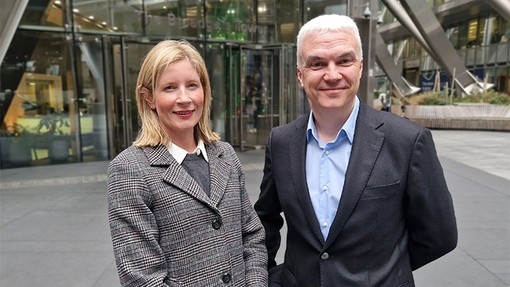Competition law - play by the rules

Details
On 1 December 2016, the UK competition and markets authority (CMA), an independent non-ministerial department which works to promote competition for the benefit of consumers, announced that Daniel Aston, managing director of Trod Ltd (Trod), had provided a disqualification undertaking not to act as a director of any UK company for five years having infringed competition law in respect of the pricing of website sales. This was the first disqualification of a director secured by the CMA for breach of competition law.
In light of the CMA’s renewed resolve to pursue competition law infringement, this developing area is one in which retailers need to be fully aware of.
The law
The Enterprise Act 2002 amended the Company Directors Disqualification Act 1986 to give the CMA power to apply to court for an order to disqualify a director from holding office or performing certain roles for a specified period of time following breach of competition law. The CMA has the power to seek a competition disqualification order (CDO) for a maximum of 15 years disqualification.
The Act also allows the CMA to accept a disqualification undertaking from a director, in lieu of commencing proceedings. This may result in a shorter period of disqualification.
It is a criminal offence to contravene a CDO or undertaking punishable by imprisonment and/or a fine.
Guidance sets out that the CMA will follow a five-step process when deciding whether to apply for a CDO:
- consider whether there has been a breach of competition law,
- consider the nature of the breach and whether a financial penalty has been imposed,
- consider whether the company benefited from leniency,
- consider the extent of the director’s responsibility for the breach of competition law (a director does not need to have actual knowledge of the infringing conduct, provided that the director ought to have been aware of the conduct due to his/her position and responsibilities), and
- consider any aggravating and mitigating factors.
Despite the fact that the powers have existed since 2003, the CMA has not utilised such powers until now.
Trod Ltd
Trod is an online supplier of posters and frames which feature sports/entertainment celebrities such as Justin Bieber and One Direction. Mr Aston had been the managing director of Trod since its incorporation in 2005.
In August 2016, the CMA issued a finding that Trod had infringed competition law by agreeing with a competitor online retailer, GB Eye Ltd (GBE), that they would not undercut each other’s prices for posters and frames sold on Amazon. The agreement was implemented by both parties through automated repricing software which was configured to give effect to the agreement. The CMA fined Trod almost £165,000.
The CMA did not fine GBE or disqualify its directors on the basis that GBE had reported the illegal activity to the CMA and fully cooperated with the investigation.
In November 2016, the CMA determined that it would bring proceedings for a CDO against Mr Aston. The CMA considered his conduct, both as the managing director of Trod for the duration of the agreement and his personal contribution to the breach, made him unfit to be a director.
‘If Mr Aston had not given the undertaking, he could have faced a longer period of disqualification.’
Mr Aston has subsequently cooperated with the CMA and provided a disqualification undertaking that, for a period of five years, he will not, without the leave of the court, ‘be a director of a company, act as a receiver of a company’s property or in any way, whether directly or indirectly, be concerned or take part in the promotion, formation or management of a company; or act as an insolvency practitioner’. If Mr Aston had not given the undertaking, he could have faced a longer period of disqualification.
Points to note
The CMA appears determined to implement a targeted strategy towards directors of companies involved in competition law breaches in all sectors including retail. Competition law applies to small businesses as well as large ones: the two online sellers in this case were relatively small, each with an annual turnover of under £16 million.
Key points to bear in mind:
- Company directors and employees need to understand the importance of complying with competition law, and recognise that infringement could lead to serious legal consequences for the company and for them as individuals.
- Company directors need to understand the principles of competition law (the CMA has a range of short and simple guides to help) to be able to recognise risks, and to realise when to make further enquiries or seek legal advice.
- Company directors ought to check that their companies have effective competition law compliance programmes and processes in place, and that appropriate training and detection systems, such as competition law audits and whistle-blower hotlines, are available.
- Avoid agreements with competitors not to undercut each other, or the release of prices at which products will be sold.
- Don’t discuss pricing intentions and strategies with competitors.
- Software providers should not help their clients use software to facilitate illegal price-fixing agreements.
If you are affected by any of the issues raised in this article, or require any further advice or assistance, please contact the author below.






